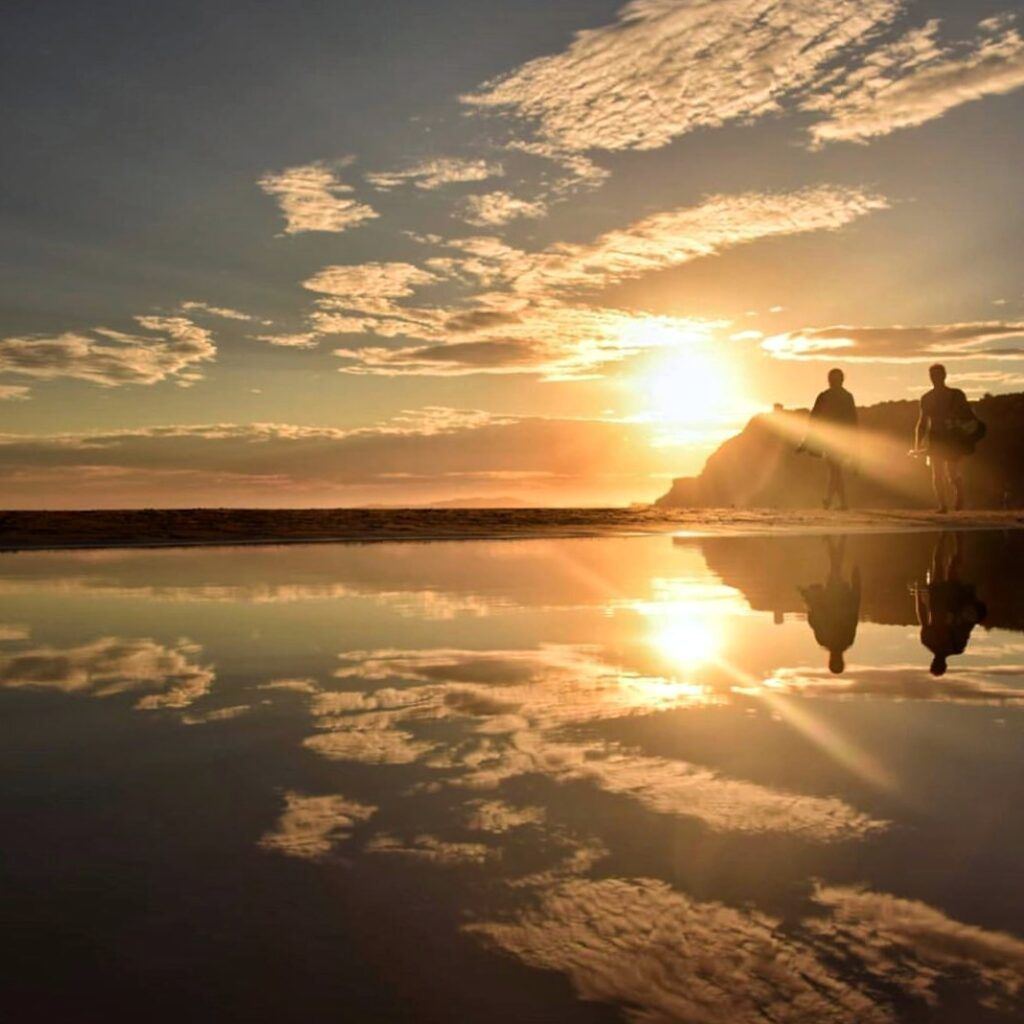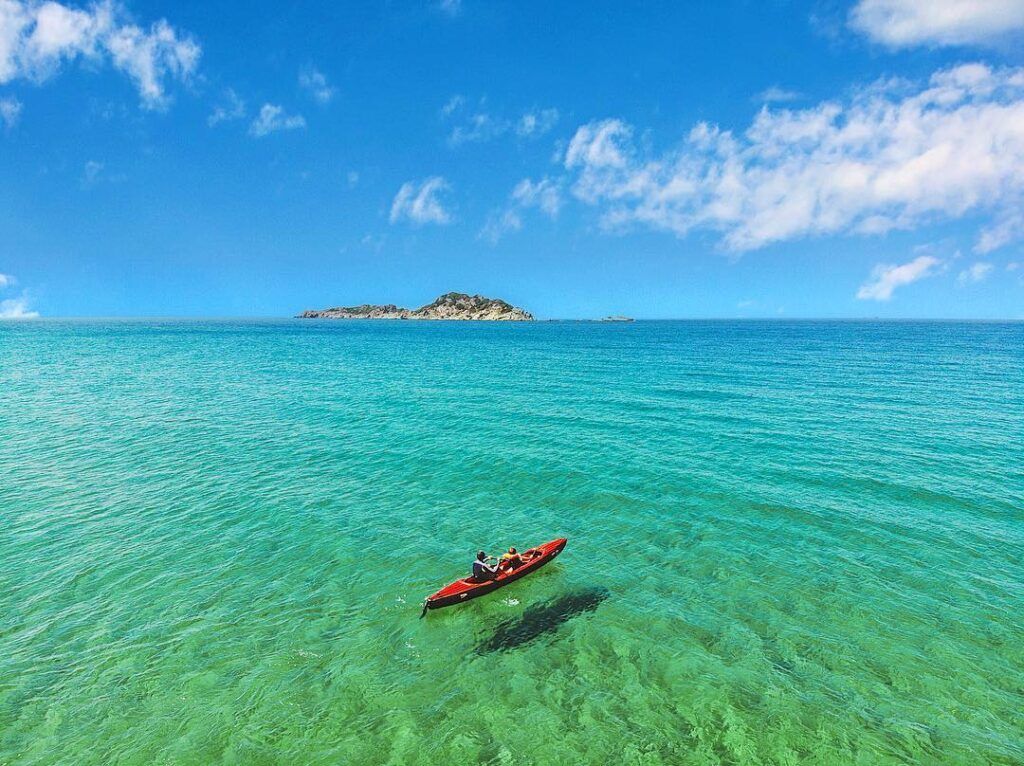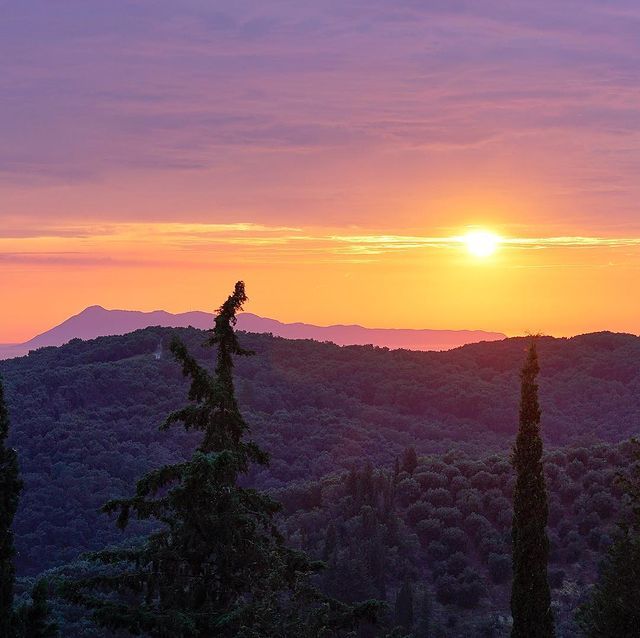Welcome to Arillas
Our beautiful little village…
The seaside settlement of Arillas is located in north-western Corfu at a distance of 38 km from the city. It is distinguished for its stunning beach, which has been awarded the blue flag. Arillas is considered the geographical area between the capes of Arillas (Porto-Timone) and Cape Town-Kefali, and is a set of scattered micro-settlements divided between four former communities, Avliotes, Magoulades (most), Kavvadades, Afionas and today is divided of the municipalities of Esperia and Agios Georgios.
Located between Agios Stefanos and Agios Georgios, Arillas is a relative small settlement with approx. 450 inhabitants. The stay in Arillas is ideal for those who love peace, quiet and seclusion. The beach of Arillas is the northernmost of Western Corfu, followed by the beautiful cape Drastis. The beach is considered one of the most beautiful in Corfu. It is an extensive beach with sand and pebble spots, which has not yet been saturated by tourist traffic and retains its natural beauty.

The favourite destination of families and generally those who love a quiet vacation with activities around nature. The beach is suitable for safe swimming as the waters are very shallow and the beach is sandy. It is the ideal place to spend a quiet and romantic vacation, as well as to make unique hikes to the surrounding villages or to explore the rest of Corfu by car or motorbike.
It is worth mentioning that the area of Arilla managed to escape the destruction of the large mass tourism units that continues to happen in most of the beautiful beaches of our country, as Arilla’s businesses such as taverns, restaurants, small hotels and accommodation, all belong to local families who do what they can to better serve the visitors of the area, offering good quality facilities and very personal occupation.
History
Arillas is considered the geographical area between the capes of Arillas (Porto-Timone) and Cape Town-Kefali, and is a set of scattered micro-settlements divided between four former communities, Avliotes, Magoulades (most), Kavvadas, Afiona and today is divided of the municipalities of Esperia and Agios Georgios.
The name Arillas is probably from Roman early Christian times because at that time they used to name a place after a variety of objects and put the Latin ending ille.
In the area at that time there was a species of oak called Aria (aria is still called by the elders today), very good wood for the construction of ships, as well as Arillas. According to another version, the area was named after a Roman general Arillas who during the Roman occupation had his camp in our area.

Arrilas Sunset
@mykerkyra_com
Activities
@ishootlandscapes


A Green Island
@tex_offiziell
The fertile little plain of Arillas with its mild microclimate could always feed its inhabitants and keep the human presence. But these advantages once became disadvantages when conquerors, pirates, also tried to take advantage of the area. The toponyms Merovigli and Vardia testify to the problems of the pre-1800s and the difficulty of permanent residence. Life began to become “normal” shortly after 1800. However, landowners owned almost all of the fertile land. The elderly remember the soliatika (payment in kind) given to the lords by their fathers.
The inhabitants originally lived in houses, made with a few stones in the foundations and bricks from the ground and above. Later and slowly collecting stones they built better houses. Lack of adequate clothing, long hours of manual labor and high child mortality are typical of this period. The brave women, almost permanently in a state of pregnancy, participate in the construction of a house, in agriculture, animal husbandry, have exclusively the “industry” at home (making bread, food, clothing, etc.) the care of the sick and the elderly.
Only after 1950 the people of Arillio, with assistance and personal work, build roads, a church, a cemetery and a primary school, organizing their social life on new bases.
